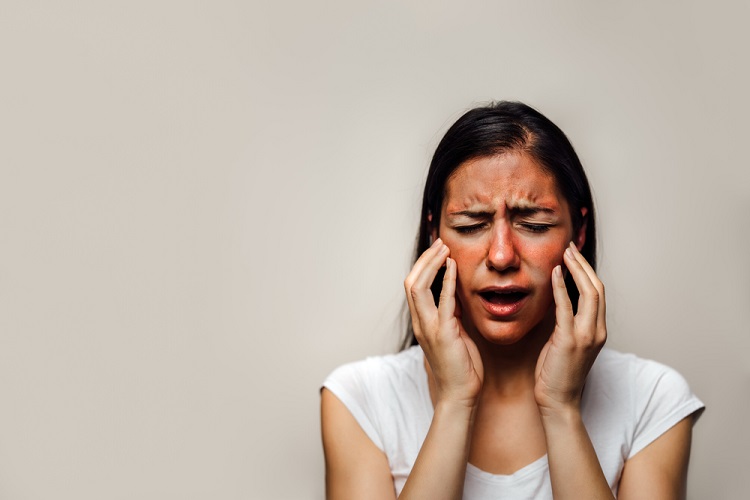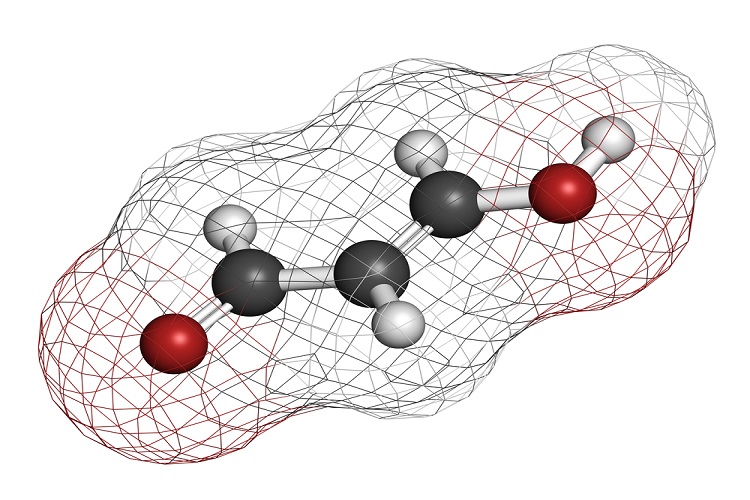What Is Oxidative Stress And How Does It Affect The Body?
Free radicals, which are the body’s natural byproduct of oxidation, are highly reactive molecules produced because of exposure to environmental toxins. They contain at least one unpaired electron on their outer shell making them unstable. Because of their instability, your body will try to contain how many free radicals exist but it can sometimes lose control resulting in a higher number of free radicals. This can cause problems throughout the body.
To understand how this happens, it is important to understand that electrons dislike being alone. Since free radicals only have one electron, they will try to seek out other electrons to stabilize them. They will do this by circulating the body and attaching to anything they can, including DNA, proteins, and perfectly healthy cells.
This is what is known as oxidative stress and it is extremely harmful to the body. Let’s dive deeper into why that is.

Causes Of Increased Free Radicals
When you work hard to live a healthy lifestyle, your body repays you by keeping a good balance of free radicals and antioxidants (that work to rid the body of toxins). That said, an increase in free radicals or a decrease in the number of antioxidants in your body can disrupt this balance.
An increase in free radicals resulting in oxidative stress can be caused by the following factors: diet, lifestyle, alcohol and tobacco products, some medications, excessive exercising, exposure to hazardous chemicals and pesticides, and environmental toxins such as air pollution.

Effects Of Oxidative Stress On The Body
Free radicals are dangerous because they can damage DNA which will predispose them to breakage. This can then lead to the oxidation of lipids which can harm parts of your cells including the membrane.
When you are experiencing oxidative stress, you can have symptoms such as wrinkles and gray hair, muscle and joint pain, fatigue, headaches, and sensitivity to noise. The harmful effects of oxidative stress can be reversed by changing your lifestyle. However, the easiest way is to increase your intake of antioxidants.
Plant-based foods such as berries, dark chocolate, nuts, whole grains, beans, lentils, and dark leafy greens are high in antioxidants. Adding these to your diet is a surefire way to fight off oxidative stress.

What Is Malondialdehyde?
When you have increased levels of free radicals, you will also have increased levels of malondialdehyde. Malondialdehyde (MDA) is the end product of lipid peroxidation. This is a process in which free radicals have attacked the body’s fat cells.
MDA reacts with proteins and DNA. This process can cause cell damage and dysfunction, impair immune function, and induce inflammation. MDA also alters the function and structure of cell membranes making them more susceptible to damage and death.
The accumulation of MDA tissue has been known to lead to several health conditions such as cardiovascular diseases, Alzheimer’s disease, and diabetes mellitus. It also speeds up the aging process. Reducing the amount of MDA in your body can help slow down aging and help prevent these diseases.

MDA And Oxidative Stress
You can use the level of MDA in your body as a rough estimate of your body’s current level of oxidative stress. MDA levels are determined by measuring how much appears in your urine. A heightened level of MDA in your urine can indicate that you need to make some tweaks to your lifestyle.
If you are experiencing symptoms of oxidative stress, it is important to consult your doctor. If your lab results indicate increased levels of MDA, you can correct this by adding more plant-based foods to your diet, getting more exercise if you live a sedentary lifestyle, exercising less if you are currently overworking your body, reducing alcohol and tobacco use, and making an effort to clean up your natural environment.
You can feel empowered in knowing that you have the power to increase the number of antioxidants in your body which will result in naturally lowering free radicals. While oxidative stress is dangerous, it is not to be feared. Committing yourself to a well-balanced healthy lifestyle will help reverse its effects.
